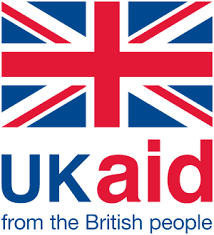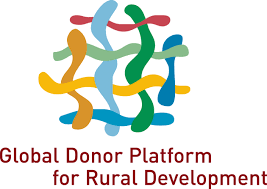Community / Land projects / Support for the Implementation of the Voluntary Guidelines on Land Tenure (Component 3, Nigeria and Uganda)
Support for the Implementation of the Voluntary Guidelines on Land Tenure (Component 3, Nigeria and Uganda)

$879000
12/13 - 03/17
Concluído
This project is part of
Implementing Organisations
Donors
Data Providers
General
The United Kingdom is providing financial support totalling GBP 3 922 159 over three years for the dissemination and effective and high quality implementation of the Voluntary Guidelines on the Responsible Governance of Tenure of Land, Fisheries and Forests in the Context of National Food Security (Voluntary Guidelines) which were globally endorsed by the Committee on World Food Security in May 2012 and whose implementation has been encouraged by the UK. Component 3.1 of the project includes funding for country level activities in Uganda and Nigeria. Both countries have undergone a participatory land governance assessment. The in-depth work will build on the insights of these assessments and on the dynamics generated through the awareness raising workshops and related process that the FAO will start with. Technical assistance will be provided to address specific issues raised as priorities. In Uganda, these include a review of the land use policy to address challenges caused by pressure on land in the agricultural sector; targeted studies into tenure issues relating to the rural poor; institutional capacity development and training; development of innovative approaches for recording informal, customary, and user rights. In Nigeria work will focus on issues raised in the LGAF, the workshops and the subsequently provided technical assistance will be linked to the work undertaken by the G8 Land Partnership, namely for improving transparency in the land sector, securing tenure for the population and strengthening capacities of key stakeholders. The programme will also carry out a study into the regulatory provisions and guideline requirements to establish and manage grazing reserves and stock routes.




